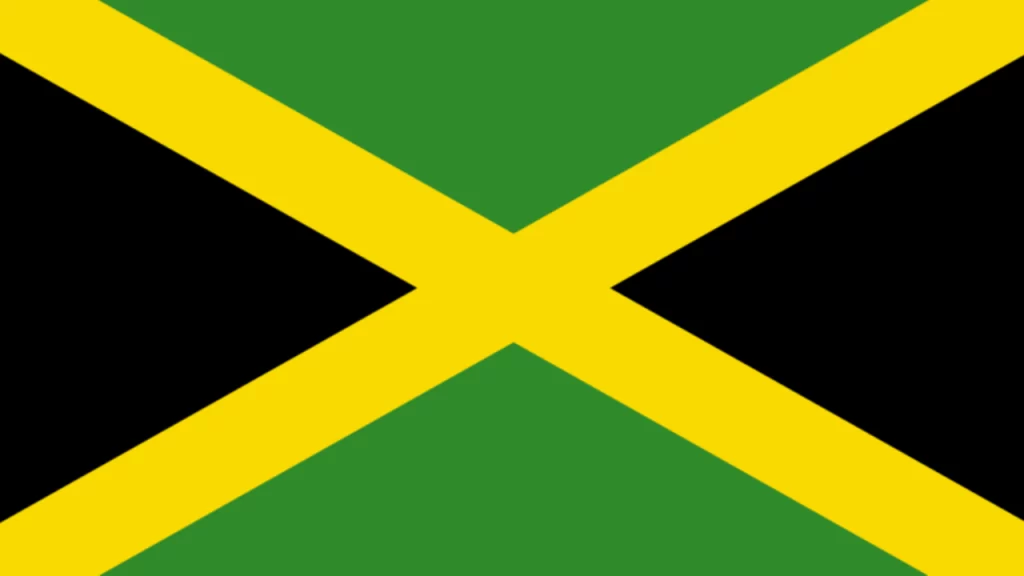Recently I came across a short video, asking the question, “Why do Jamaicans identify as Jamaican and not African”?
I read the comments, and most pointed out that Jamaicans identify with our African heritage, and some couldn’t understand why the presenter would say otherwise. I pondered the question long and hard and agreed with the presenter and commentators. But not for the reason you might think.
I refer to myself as Jamaican and can’t recall ever referring to myself as Afro-anything. Leaning more on the “Jamaican” label is not to deny my African heritage but to speak with more linguistic accuracy to convey a deeper meaning. It is not unlike, in some circles, to identify with my family name rather than my country of birth.
By pointing to Jamaican, I am not only saying I am of African heritage but that I am from a culture of people who were born on the largest English-speaking Island in the Caribbean. The fact that most of our ancestors were from the African Continent would be obvious from looking and listening to us. But my physical features tell little about me, and when introducing myself, my intent is to provide information specific to “me.”
I have difficulty speaking of Africa because I don’t have personal details to animate. Africa is a huge continent with various countries, cultures, languages, and people groups. Which one should I claim? I don’t know, so I’ll be content with the vague “Africa”. I don’t know what it’s like to be an orphan who doesn’t know their biological parents, but that’s how I visualize this connection with Africa. Perhaps I should have investigated and had the answers by now. If so, forgive me; I have not yet experienced a compelling desire to dedicate effort to finding out.
One day we’ll know the origins of our earlier parents, who were kidnapped and shipped across the Atlantic Ocean. I could go into more detail to solicit emotions depicting the horrors of the travel and the nightmare of the life they met. But this is 2023. What would those emotions do for us? Create anger, animosity, resentment, unforgiveness? Those are suicidal emotions. Our Father tells us to love our enemies, never stop forgiving, and leave revenge up to Him. The culture can’t sustain malice. Few things are as sweet to the soul as hearing a group of Jamaicans laughing. Joyful laughter doesn’t bubble from our hearts if it’s already darkened by hate.
My fellow Jamaicans and I are closely connected with a history that has been tarnished, but we have learned to grieve in a healthy way. The color black on our flag is our acknowledgment that life is a struggle. Sorrow and hardship are a part of this fallen world. However, we are hopeful. The yellow on our flag points to that hope. To dwell on the African heritage without highlighting the road we’ve traveled could cause us to be stymied. To stay stuck. To be embroiled in a “morbid grief”. To be of little to no use to our present challenges. Jamaicans enact national holidays celebrating emancipation from slavery and independence from England. We accept our past but refuse to let it define our present and resolve for a better future. We heal by opening ourselves to the Truth. We select our heroes from all classes and skin colors – from slaves to statesmen, men, and women.
One day, we’ll each know which country and tribe we’re from. We’ll know each leaf, branch, or twig of our family tree. Until then, we are satisfied we have ancestors from the African Continent. And at least we know our forefather was Noah, and our first parents were Adam and Eve. Our Eternal Father is God (Yahweh) – this identity is more than enough to embolden us as we journey through life. Remember, Jamaicans are people of many places with all skin colors. We are ONE, and we unite around our ideals and not the color of our skin.
We articulate our identity and ideals in our flag, anthem, motto, and culture of community spirit. Our National Anthem, which is also a prayer to God, begins, “Eternal Father, bless our land.” We acknowledge Yahweh as our God and Source. “Bless our Land” doesn’t mean we capitulate our identity with the land of Africa, but like Jeremiah told the Israelites while they were living as captives in Babylon :
“.. the God of Israel says to all the captives he has exiled to Babylon from Jerusalem: “Build homes, and plan to stay. Plant gardens and eat the food they produce. Marry and have children. Then find spouses for them so that you may have many grandchildren. Multiply! Do not dwindle away! And work for the peace and prosperity of the city where I sent you into exile. Pray to the Lord for it, for its welfare will determine your welfare.” (29:4-7 NLT)
We make the most of it when we find ourselves on an island or whatever circumstance in life. That’s Jamaican resilience. “Don’t worry about a thing, ’cause every little thing is gonna be all right.”
We know our origins, even if the details of the journey are sketchy; we know where we are going, and we know Who is ultimately in charge. Yahweh created the Earth, and since our Father owns it all, we are at liberty to enjoy it. Every part of it. Jamaicans can be found on every continent throughout the world, and currently, more Jamaicans live outside of Jamaica. Wherever we live, we strive to be in harmony with everyone we bump into. Even introverts like me don’t know a stranger. We connect deeply with people of the world, irrespective of their origin. After all, we are one because we have one Creator. As individuals, we are not allowed to forget the dignity and inherent value of humans, but just in case, this spirit is also cemented in our motto, “Out of Many, One People.” Becoming a citizen of another country does not desecrate that spirit. We pray for the country, nation, and cities wherever we live.
We are all God’s creation, even those who don’t claim Him as Father. We identify with people in our family, our community, Jamaica, the African continent, and every continent and country in the world. However, Jamaicans have articulated a narrative and culture we know and deeply identify with. Plus, the name “Jamaica” is readily known. I love to hear stories of people who vacation or were touched by this little island. I could introduce myself as a member of my beloved High School, but how many people know “Wolmer’s”? And saying I am a child of Noah – would lack the specificity to provide meaningful information about me.
This proud flag-waving nation of people is not tethered to a piece of earth but to a spirit that will not be constrained by mental slavery – thank you, Bob Marley. We are versatile enough to embrace our national spirit and our physical connection to all people. We celebrate the individual and the community.
When we identify as Jamaican, it is far more than speaking to one aspect of our heritage; it’s owning all of it – the atrocities and victories of the past, the success and challenges of the present, and our individual follies, strengths, and weaknesses. If we have difficulty identifying our sins, a prolific Jamaican singer will happily write a song to bring it to the surface. It stings to hear negative news, and we’re not blind to the atrocities that occur in our midst.
We might not experience victory every day, but ever so often we, a brother or sister triumph. We are grateful for all we receive, so we mourn and celebrate accordingly, without apology.
“Teach us true respect for all,
Stir response to duty’s call
Strengthen us the weak to cherish
Give us vision lest we perish,
Knowledge send us Heavenly Father,
Grant true wisdom from above,
Justice, Truth be ours forever,
Jamaica, land we love!”
———————————————————————————
This article was also published November 1, 2023, in the Jamaican newspaper “Freedom Come Rain”

